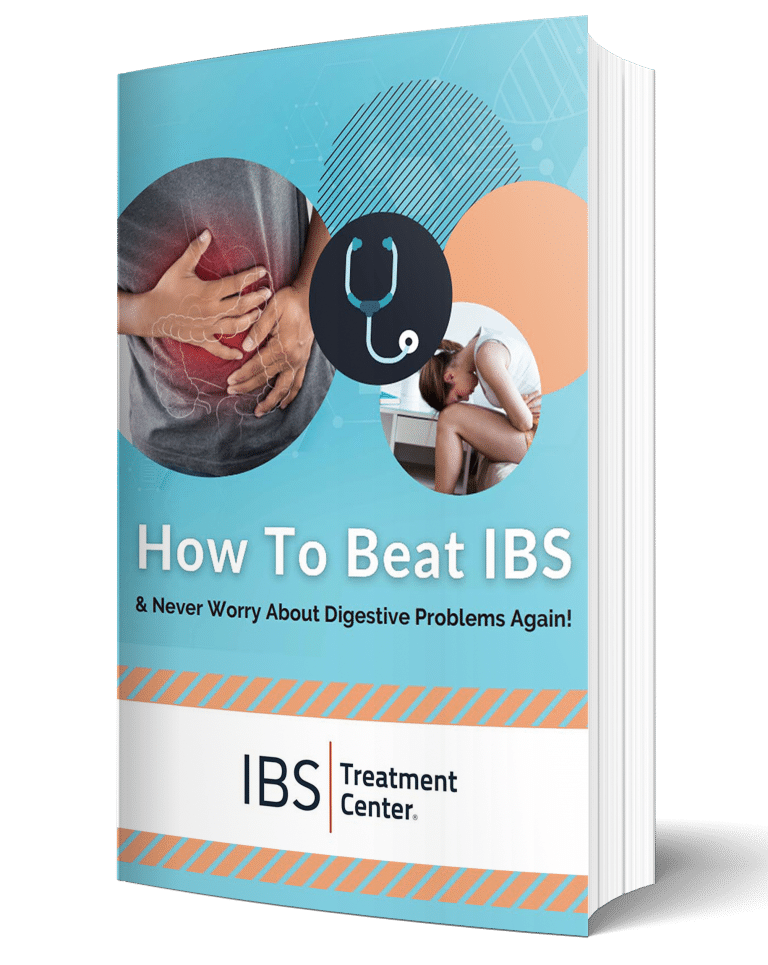The number one cause of inflammation is food. So how can you know which food is the trigger? How do you determine the cause of inflammation?
Before continuing on, might we suggest you go read on our previous Essentials of Inflammation posts if you haven’t already. This is the fifth of our Essentials of Inflammation series and we hope you enjoy.
There are many types of food reactions, and not all of them involve inflammation.
Let me give you an example. A lactose intolerance is not an inflammatory reaction. It’s an enzyme deficiency, that causes you to not be able to break down lactose. That will cause gas and bloating and diarrhea and abdominal cramping and pain, but it’s not due to inflammation, even though it can feel like it.
Compare this with a dairy allergy, which is inflammatory. It can also cause gas, and bloating, and diarrhea and abdominal pain. However, it can also cause lots of other inflammatory reactions throughout the rest of the body, such as congestion, or sinusitis, or fatigue, or even joint pain. A lactose intolerance can’t do that. So there’s a big difference.
One is isolated in the digestive tract. The other is systemic. It can and does affect your entire body.
Now you might say, well who cares? I just want to solve my problem. And I agree. Semantics are irrelevant when you’re a patient. You just want to get better. And that’s how we treat our patients. Our primary focus is on whether or not they are getting better.
But this series is about inflammatory foods reactions, so I have to clarify the differences.
So how do you know if you have an inflammatory food reaction? It must involve an immune reaction. And how do you figure that out?
There are several ways.
- You can eliminate a food from your diet and see if you feel better.
- See an allergist.
- Have food antibody testing performed.
Each of these has it’s strengths and weaknesses.
Inflammation Types:
- Doing an elimination of a food from your diet is a great way to figure out your food reactions, but it’s easier said than done. First, You have to avoid the right food, it could be anything. Then You have to completely avoid it, 100%. And finally you have to avoid it long enough to find out if it will help, and that can take weeks in some instances. But if you’re willing to put in the effort, you can learn a lot about your health and how you react to foods.
- The second option is to see an allergist. You would think that this would be an excellent way to sort out inflammatory food reactions. But seeing an allergist will only help if you have a classic food allergy reaction, such as anaphylaxis or hives. Allergists define their role by symptoms, not by the underlying cause. So what I mean by that is that they only deal with anaphylactic reactions, hives, eczema, allergic rhinitis, and asthma. That’s basically it. And only if it’s an IgE type of food antibody reaction, which is only one of many types of reactions.
- The third option for identifying inflammatory food reactions is to test for them. When your immune system is reacting to a food, it is usually producing antibodies against that food. That is super helpful, because you can have much broader food antibody testing performed than you can get at your allergist. Allergists only look at a very narrow part of the immune system and only a handful of symptoms of inflammation when it comes to inflammatory food reactions. However, there are many other parts of the immune system that lead to inflammation including IgG and IgA antibodies. Getting testing and the proper guidance on what to do with the results is easier said than done, but the right doctor can help you with this. If you’d like to hear more about that, let me know in the comments below.
How To Reduce Inflammation In The Body
Once you’ve got the food narrowed down, then you can focus on avoiding it. And you want to do this, because the last thing that you want to do is trigger your immune system to generate inflammation.
What is The Main Cause of Inflammation In The Body?

I strongly encourage you to figure out what, if any foods are triggering inflammation in your body. I am completely convinced that the lifelong consequences of not doing so have a profound negative impact on our health.
I’m also equally confident that avoiding those foods will immediately improve your health, will drastically lower your risk for developing chronic diseases as you get older, and will make you much healthier today and every day. Because not only will you not be unnecessarily triggering your immune system to create inflammation, you’ll also be saving your immune system from spending energy on your food, energy that would be better spent focused on all of the other things that you need it to do to protect you from bacteria and viruses.

Dr. Wangen is the founder and medical director of the IBS Treatment Center, the award winning author of two books, and a nationally recognized speaker on digestive disorders. He has been on ABC, NBC, and Fox as well as public radio, and was named one of Seattle’s Top Doctors by Seattle Magazine.

